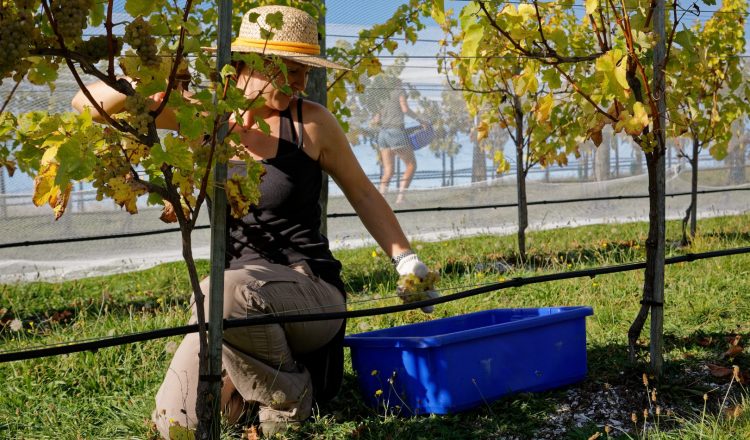Volunteering
Volunteering is a voluntary act of an individual or group freely giving time and labour for community service. Volunteers are people who do not and should not expect payment for their work or services.
When someone is volunteering at a charity shop or tree planting it is a lot more obvious that they are a volunteer. However there are some circumstances where the lines are blurred a bit, such as someone doing work experience or unpaid internships.
A volunteer is not an employee, so this means that employement law does not apply to them, with only one exception of the health and safety law.
If an employer pays a volunteer then they will be classed as a employee. This means they will need to have an employment agreement and be paid at least minimum wage. However volunteers can receive some payments in form of:
- reimbursing the volunteer for the expenses they incurred when performing the volunteer work
- a koha or honoraria
- any personal satisfaction a volunteer may get from the work.
If an employer is not paying someone that is on work experience with then they need to ensure that they classify this person as a volunteer. They will need to
- make it categorically clear that the position is a volunteer position and make sure that the person does not expect payment or other reward. This should be done in writing so that there can not be any mistakes.
- make sure that the volunteer does not receive any payment.
- avoid getting an economic benefit from the work done by the volunteer.
- avoid having the volunteer do work which is integral to the business, such as work that an employee would ordinarily do.
- limit the duration of work and the hours worked by the volunteer. The longer a person volunteers and the more hours they work, the more likely they are to be an employee.

















































